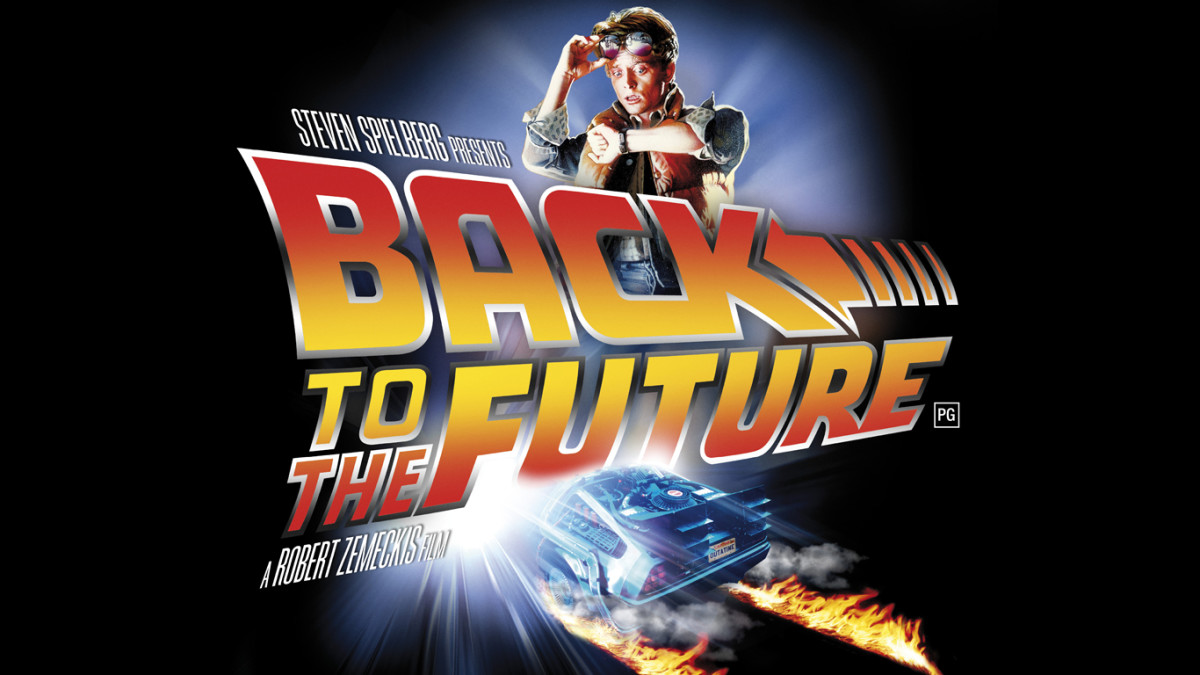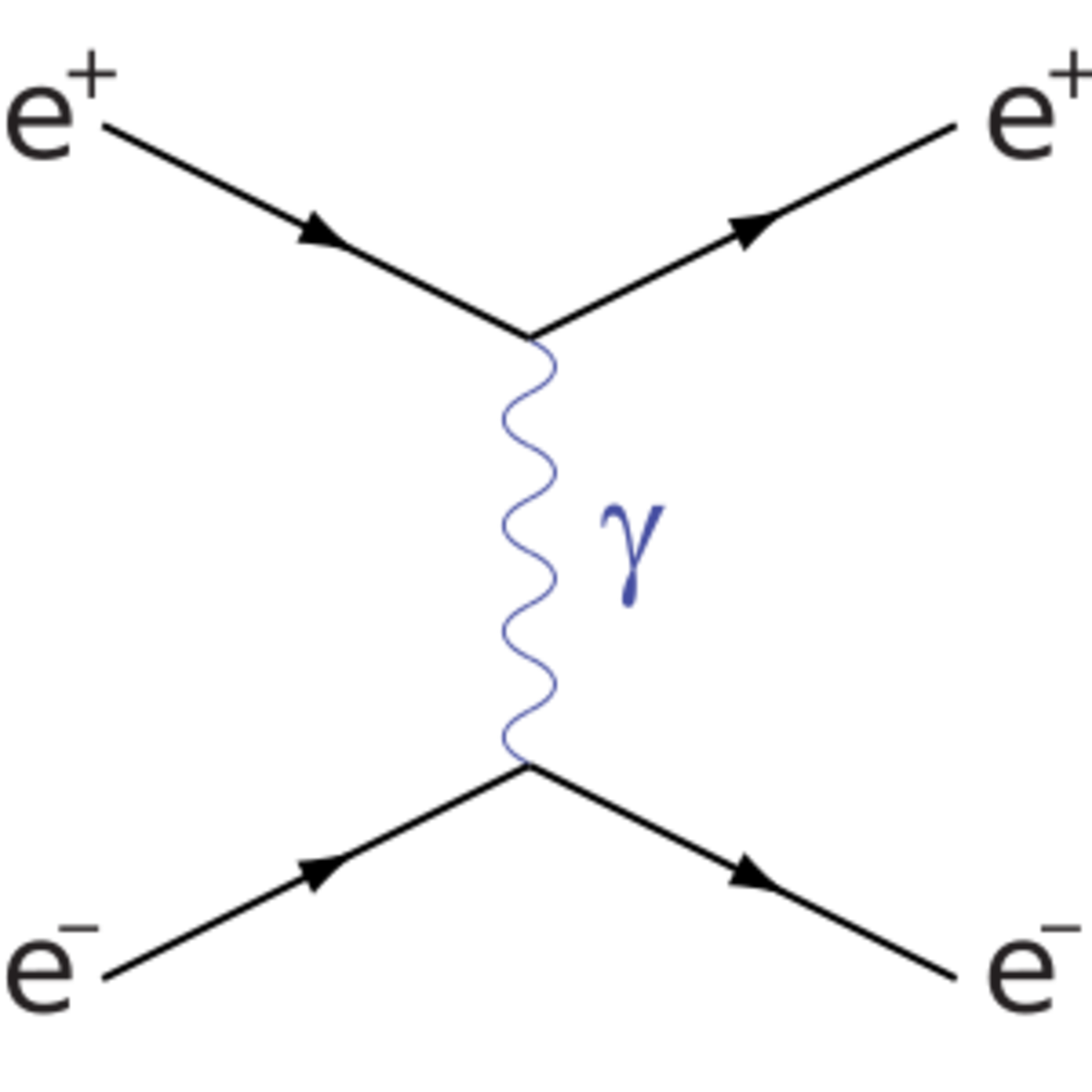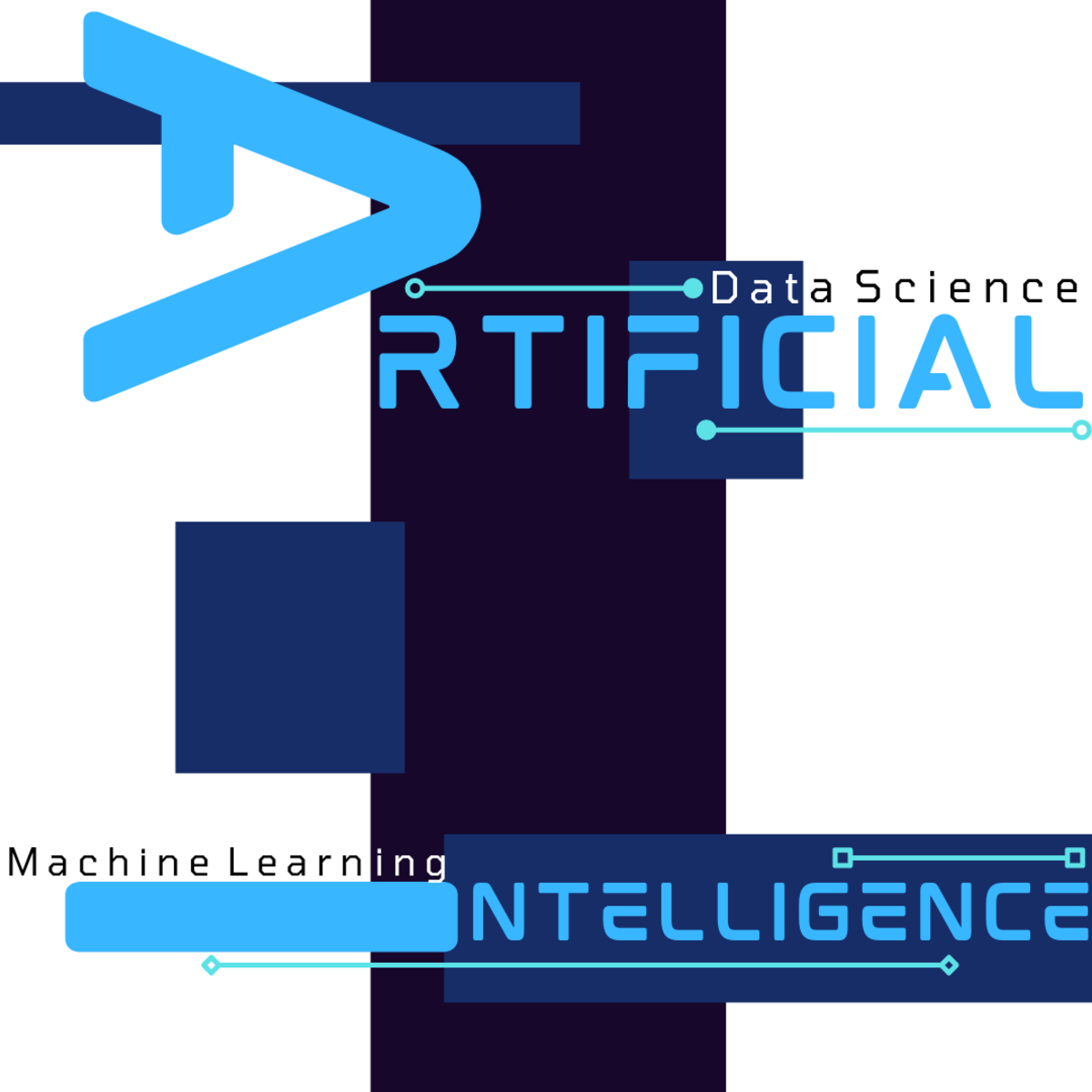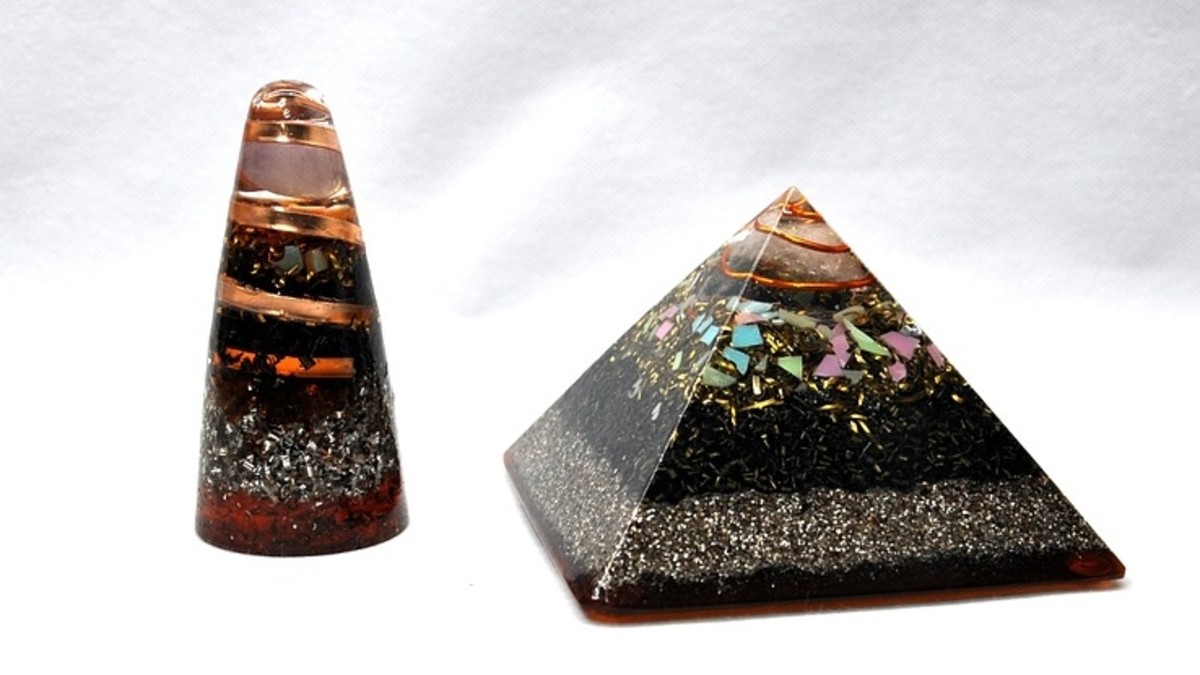Nanotechnology and the Near Future of a Society Cancer and Age Free
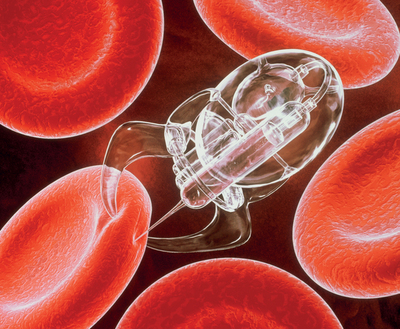
What Is Nanotechnology
What Is A Nano Exactly?
A nano is a measurement at the microscopic scale and represents a tiny fraction of measurement. How tiny? One nanometer is a billionth of a meter, or 10-9 of a meter but in Laymen's terms there are about 100,000 nanometers in the width of a single sheet of paper. In other words, it's pretty small. You need a microscope to view a single nanometer and if your finger nail was one nanometer then an actual meter would be almost as large as the Earth.
What Is Nano Technology?
Nanotechnology was first theorized as the result of our growing ability to see and predict the behaviors of atoms at the microscopic level. The idea was first introduced by physicist Richard Feynman in 1959. Feynman was working at the University Of California Technology when during a meeting he brought up the idea in his publishing now called "There's Plenty Of Room At The Bottom". During this time Feynman argued that while advances in science seen by the naked eye were rapid, the advancement of science regarding the microscopic level had slowed since the creation of the atom bomb. Feynman lead the way for science fiction writers everywhere to write terrifying stories about microscopic computers who eat the Earth, slowly devouring all they find while reproducing at an accelerated rate. His thoughts on nanotechnology were very simple however, and he admitted that while the ability to make a computer the size of a nanometer was impractical, it should be investigated due to our complex microscopic biological systems. Thus the idea of Nanotechnology and its study were born.
How Technology Is Making It Possible
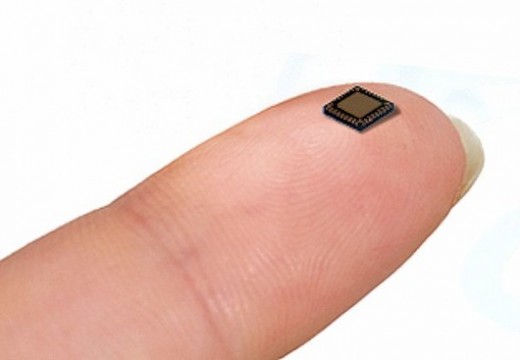
Is It Possible To Build Nanobots
If we were talking 57 years ago then the idea of nanobots would be absurd. Computers at the time encompassed entire rooms and sometimes buildings. The World Wide Web was still a dream of the Department Of Defense and we were thinking of storage in the terms of bytes. If you pulled out a 128 gig USB drive then you are now holding more storage than was available in the entire world at that time. Pretty powerful stuff if you really think about it. Yet today things have changed and a device smaller than your thumb holds 128 gigs. While impressive, even the device you now hold is out of date compared to the terabyte USB drives that are coming out now. With current technology we are around a decade away from functional nanobots that could remove cancer from a patient and that's just the beginning of this technology.
Quantum Computing Will Make It Simple
Google claims to have a Quantum Computing Device already in service for its company. While the device Google has does work on the quantum level in some sense, it's far from the photon shooting, processing at the speed of light, atom harvesting machine humans will build in the next couple of decades. Depending on who you ask, that technology is seven to seventy years away. I personally believe it will arrive within the next 20 to 25 years based on the theory of Moore's Law. When you couple this with the idea that scientist seem to be transporting photons in a transporter across measurable distances, the future is very bright for Nanotechnology.
How Could Nanobots Cure Cancer Or Reverse Aging
The first step would be to program the nanobots so they can do things. Like writing any program you would want to have an algorithm. Some of these Nanobots could be programmed to have different jobs and all Nanobot communication could take place via a centralized unit. This unit could be located in a doctors office, planted in your skin, or an application on your smartphone. For example, having a group of 1000 nanobots that could swim through a persons blood stream taking samples of tissue in different areas. When the Nanobots encountered samples that were irregular they could be programmed to return to a certain part of the body. A doctor could then abstract these nanobots with the small tissue sample in hand. They could then test it to determine the cause of the irregularity. If it were determined to be cancer the Nanobots could then be signaled move to the area and remove the cancer internally with no invasive procedure and very little damage to the surrounding area. This would eliminate the cancer and the Nanobots can even be programmed to monitor the area for re-occurrence and remove any issues before they could develop.
The same process could reverse aging by invigorating cells that are aging. Nanobots could be programmed and equipped to inject anything from B-12 to an artificial embryo's DNA into cells causing them to repair. This would strengthen bones, revitalize skin tissue and increase the longevity of cells inside of the body. It could even force cells to regrow that previously could not such as brain cells. Making an 80 year old look and feel like they were 30 again over time.
Nanosensory
Okay, so Nanosensory isn't really a thing yet but it is my personal theory of where we are heading with Nanotechnology. Nanosensory would involve the ability of Nanobots to plug themselves right into sensory pathways inside of your brain. These sensory receptors and neural pathways would serve as an alert for Nanobots that there is something wrong. These Nanobots can then send a signal to other Nanobots and pinpoint the location of the issue. In short, if you cut yourself the nanobots could theoretically seal the wound as soon as you feel it. Maybe the thought of having a machine instantly heal you is the scariest part of Nanobots verses the tales of science fiction where little robots eat us from inside. Basically Nanobots would become our new and improved white blood cells.
What It Means For Our Future
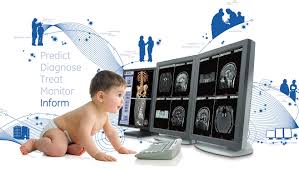
A New World Of Longer Life
Impacts On Life
- Live Longer - Now this may seem like it would lead to you living forever but there are some things even Nanotechnology couldn't save you from. Eventually you would die from aliments that you could no longer be treated for. In addition to that things like decapitation would still end your life. Being electrocuted would also be a huge challenge for Nanobots and serious trauma from various injuries could lead to death as well. Things like breaking your neck would still spell instant death. Most of us would double our life spans with this technology and that would cause some issues with regards to population. Also starvation or dehydration would still kill you.
- Pharmaceutical Companies Would Never Let It Happen- This is actually an illogical line of thinking. Imagine using Nanobots inside of a pill. Now you have to buy these little pills to get rid of cancer and what's worse is you have to continue buying it to make certain the cancer stays gone. That means these companies have you as a life long customer and life just got a lot longer. Selling a pill to prevent and reverse aging would also drive up profits as well as the devices they pawn off to doctors and hospitals to control them. How much would Kim Kardashian pay to always look like she does now? In the end it's clear to see why these companies would actually love this technology.
- Population Issues- Yes, the ability to have children whenever you want would no longer be an option for those who used Nanotechnology. I know this would cause issue with some religions as sex has to be used for reproduction purposes. The fact is that if we are living twice as long and our children are living twice as long we end up with many generations of families before the oldest generation passes away. The world is simply not ready for hundreds of billions or even trillions of people. Some things would have to be given up in order to move forward. I suspect a one to two child limit would be placed on generations and Nanobots could eliminate those accidents as well as the need for abortion or birth control at all.
- Crime Issues- With Nanotechnology we should actually see a decrease in the crime rate. The reason being is a lot of mental illnesses and learning disabilities could be removed from our genome with advanced technology. In theory, Nanotechnology could be use to find genome defects and introduce fixes related to DNA protein sequences that control such illnesses. This part of Nanotechnology is likely a century away however.
In the end it is clear we are moving towards a longer future. Some people will question if such technology is playing "God" and that is a question risen from fear. Nanotechnology doesn't create humans it just extends our ability to use healthcare knowledge and science to better our lives. You will always have a choice to live out a normal life but for some of us the future looks like it may get interesting very soon. I am by no means telling you to stop saving for retirement but tomorrow could bring a world free of unnecessary pain and disease.


